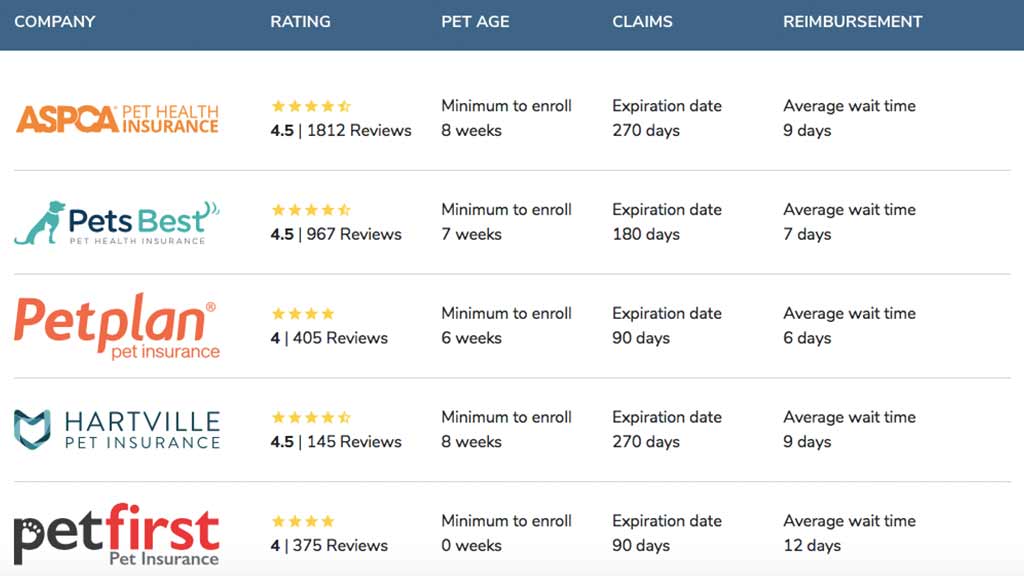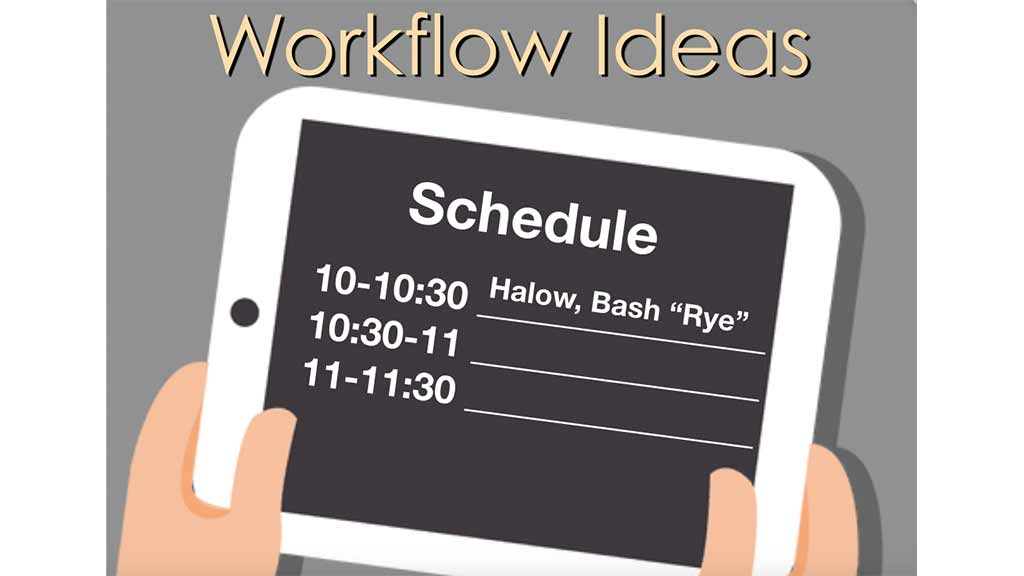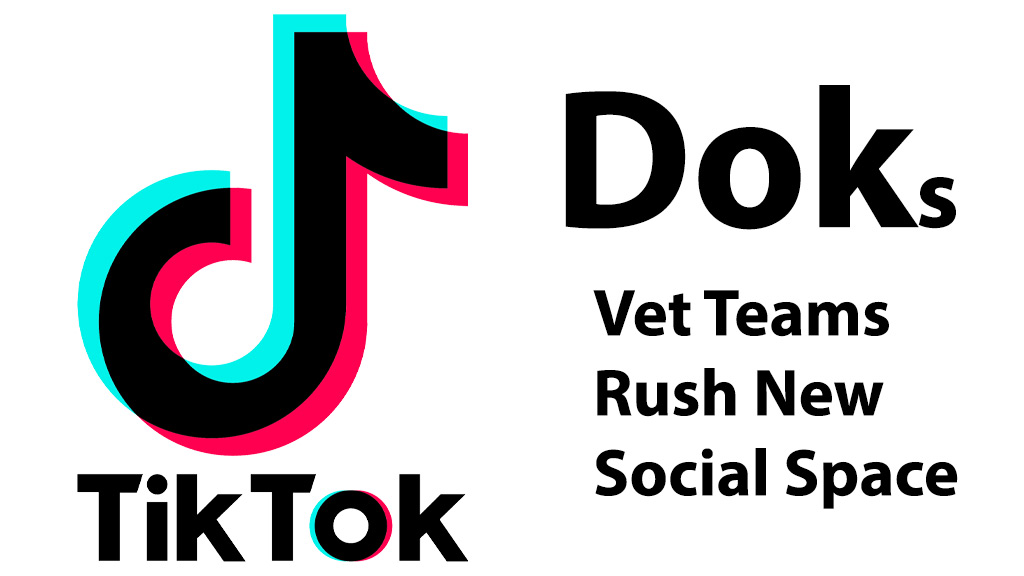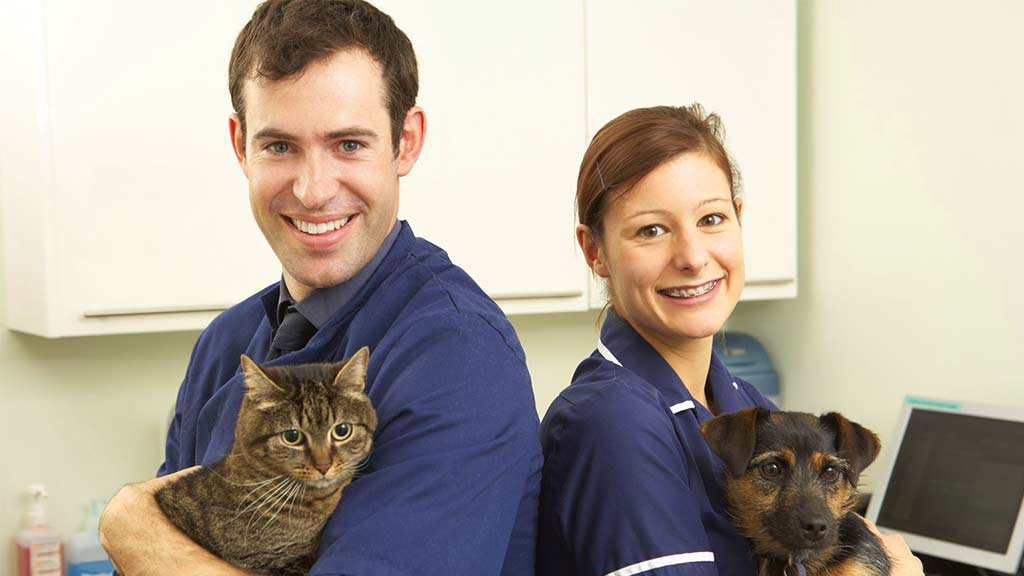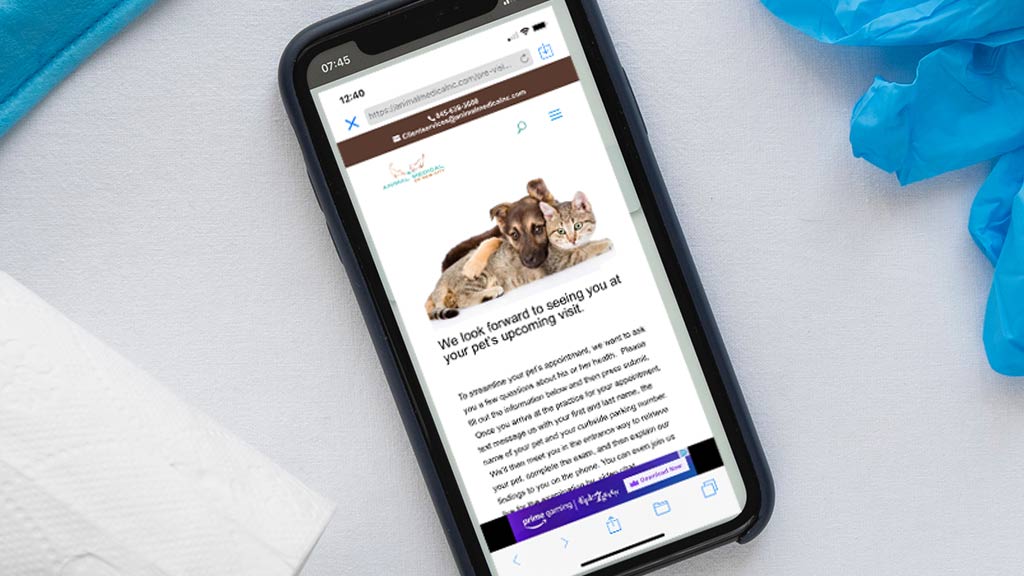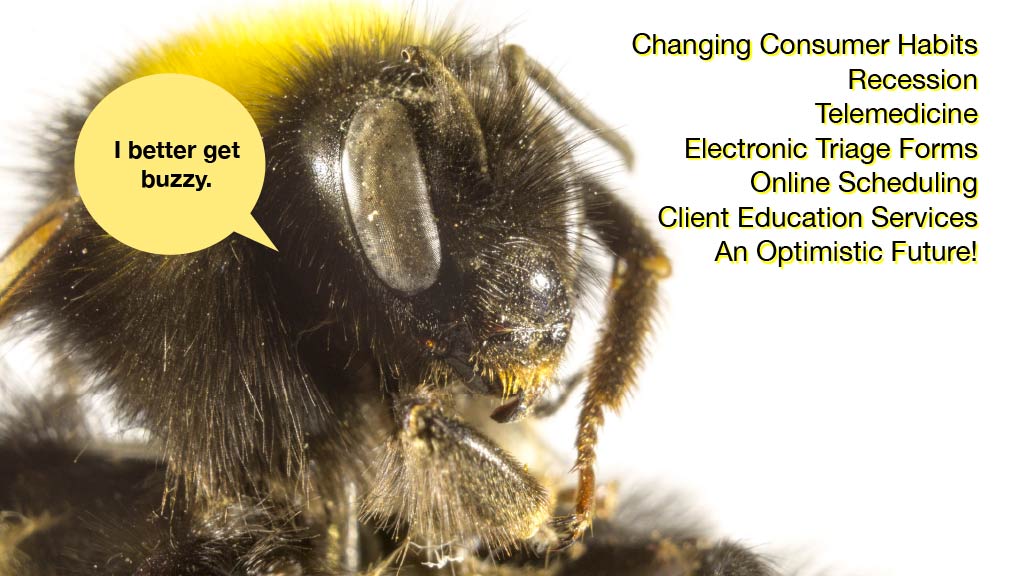Introduction
2021 will be another dynamic year. Veterinary consolidation will not just continue; it will accelerate. The world and economy will continue to adjust from the uproar of 2020 and try to settle into some sense of predictability and balance, but the new normal may be that nothing ever remains normal for long. For those looking for new career opportunities, you’re in a golden age; but you have to be willing to adapt.
Let’s Start With The Jobs That Are Going Away
Client Service Reps
Okay, they’re not going completely away, but you’ll need fewer on staff and more of them will be able to work from home. Here’s why:
Online scheduling technologies like VetStoria and Rapport serve to consumers’ growing interest in manage their own appointments. Telemedicine apps like AirVet allow clients to check themselves in, allow for one-click pay by phone, and continue to add features that further tick off the kinds of tasks we traditionally needed to hire client care reps to do. Tools like these point to a future where we will have fewer clerical duties and fewer CSRs to do such work.
Social Media Mavens
The fight for online visibility through social media channels is becoming increasing hard. Soon, employees doing this as a side job in house aren’t going to be able to cut it. Social media postings and online content will still be vital to a practice’s online visibility, but the job of creating this material will be outsourced to a gig worker with more experience.
Practice Administrators
At a conference some years ago, I suggested that practice owners didn’t really want managers to think on their own and lead operational decision making; what they wanted was executive assistants to carry out their bidding. You should have heard the audience uproar! I thought they would string me up!
Years later, I haven’t wavered much in my position. Most managers aren’t managing anything, they’re dealing with client complaints; they’re filling in here and there when there are call outs; they’re chasing down some mind-numbingly long gossip trail to find out who said what about whom; they’re having a talk with employees that the owner of the practice feel need talking to; they’re getting interrupted every 10 minutes by employees looking for instruction about god knows what; they’re “running to the bank”; they’re “running to the post office”; they’re running to Cosco…meanwhile, I’m running out of patience.
The actual time that managers manage anything, honestly, in most practices, is probably less than 15 hours a week. Practices don’t need managers. They need autonomous teams; they need better work systems that don’t require so much policing to make sure that things get done; they need executive assistants. Then they need someone from the outside to regularly check in, review high-end financial and key performance data, and give the team feedback.
This method of oversight is already well underway in many larger practice groups. Future, private veterinary practices will be small and nimble, with veterinary teams that take matters into their hands. They’ll deal with their own squabbles, their own client complaints, figure out how to fix things on their own, and divvy up the drive to the bank and the post office between themselves. Much of the administration of veterinary practices will be conducted from central offices or done by gig economy workers who have been brought up through the ranks of the Veterinary Hospital Managers Association to understand and execute the most advanced of management duties.
And Then The Jobs That Will Change
Client service reps, licensed veterinary technicians and veterinarians will work from home more often. Here’s why and how:
Client Service Reps
Telemedicine apps like AirVet don’t just offer video conferencing capabilities; they act like dashboards from which teams can manage nearly every aspect of the patient visit and medical record keeping. Right now, most veterinary telecommunication apps have the ability to:
- Allow team members to receive electronic patient history forms before the client arrives
- Alert any team member on staff (in the building or working from home) that a client/patient has arrived in the parking lot and is ready for care.
- Allow any team member to carry on a two way text conversation with a client
- Allow any team to start a video conference with the client
- Allow any client to make a text message request of the team
- Allow the client to schedule an appointment
- Send clients reminders, appointment confirmations, and push notifications
- Allow clients access to any lab or diagnostic results that the veterinarian wants to share
- Allow clients the ability to pay for any service with a click of a button
- Allow teams to automatically charge for any service they want
Can you see how these features could allow team members who might be unable to travel to work, or who live outside of a commutable distance, a chance to still work, but from home without compromising the client service experience?
Credentialed Technicians
It doesn’t appear that our veterinarian shortage is going away anytime soon. Time to take inspiration from our human counterparts and give licensed veterinary technicians more responsibility over patient management in the same way that nurse practitioners shoulder some doctor responsibilities. No violation of the Practice Act here. I’m talking about the following kinds of services:
Twice-a-year checkups
Many of us want to see patients twice a year, but even the best practices have less-than-great compliance in this area. But what if, instead of a second visit 6 months from now, we enlist the help of a work-from-home technician to schedule video appointments with owners of senior pets? Technicians ask a series of pre-determined questions to the client and observe the pet through video interface. At the conclusion of the call, the technician forwards the information to a doctor for review who makes a decision whether the patient needs to be seen for a physical examination or diagnostics. In either case, the case is monetized through the telemedicine app. Patient gets oversight; technician gets to work from home and stay with baby; client is saved the hassle and time of an in-person visit; doctor still stays firmly in charge of the medicine; practice gets paid!
End Of Life
The slow decline of patients is tough for clients to endure. What if technicians, working from home, have monetized, scheduled, and on-demand appointments with clients to help them navigate the emotionally difficult time of helping a pet through its last few weeks or months of life?
Chronically Ill Patient Management
We often want to see chronically ill patients every three months or twice a year to monitor their progress, but have poor compliance. We could schedule clients monetized, check-in appointments with technicians working from home. After the call, the technician would relay all information to a veterinarian for oversight.
Veterinarians
In addition to all that they do, telemedicine apps like AirVet are designed to help practices manage after-hours calls. If no one on staff wants to take the call, AirVet can direct the call outside of the practice’s area of competition to another doctor in the AirVet network.
This kind of service is not just going to help practices stay competitive and grow their businesses; it’s going to give veterinarians additional ways to work from home or anywhere in the world that there is phone service.
Emerging Jobs. Gig Economy Workers To The Rescue!
On Demand Veterinary Support Team Training
There’s no need for every veterinary team in America to struggle independently with team training. Trained, experienced veterinary professionals looking for work-from-home employment can put together a curriculum of training for client care reps and assistants and then provide the training live or on demand for veterinary teams.
Culture and Company Focus Leaders
High-level oversight of small-to-medium sized veterinary practices is not a 40-hour a week job. Highly trained, experienced practice managers, working from home or on site, can find employment as independent contractors with practices that want to operate like the big guys, but do so on a mom-and-pop budget.
Online Content Creators
It has been increasingly harder to gain visibility online without paying a lot of money for the privilege, but for the time being, online content is still king when it comes to an affordable way to engage clients. Experienced content creators can help you turn in-house-produced video footage into clever TikTok, Instagram, and Facebook posts. They can also craft all of your existing handouts into more captivating online articles, and then cross post the material to numerous social sites for maximum exposure and synergy.
Financial Advisors
Oversight on a practice’s finances is another one of those jobs that doesn’t require supervision from someone working 40 hours a week. Managers with experience reviewing KPI’s and practice finances can engage with practices as 1099 employees, check in with practices quarterly, and offer of up a review of their findings along with recommendations for changes.
Head Hunters
Great teams need great talent, but finding the time to sift through all the applicants is a lot to manage. SHRM or PHR leaders with experience in the veterinary field can engage with practices to provide on-demand assistance with recruiting.
Computer and Internet Support and Security
Not necessarily new, but a job that will still be in high demand for the foreseeable future.
Conclusion
What a wonderful time to be looking for a new career! Sweeping changes are underway throughout our economy and society. Be prepared to look outside the box and adapt, then brace yourself for new levels of wealth and job satisfaction!


